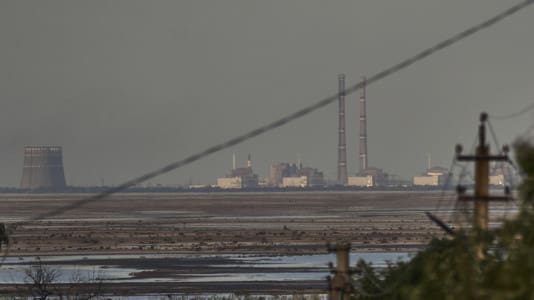A Polish astronaut will participate in a mission on the International Space Station (ISS).
Poland’s Minister of Development and Technology Waldemar Buda informed that the Pole will be testing advanced technologies from Polish entrepreneurs and conducting experiments.
Buda’s ministry, the European Space Agency (ESA) and Axiom Space, a U.S company operating in the space industry, have signed agreements on a flight to the ISS.
“We are now certain and guaranteed that the second astronaut in Polish history will participate in a space mission into orbit. It’s an incredible story unfolding before our eyes,” said Buda in a post on social media.
He told later journalists that “Poland already has a candidate” who would fly to the ISS. “We will be introducing Sławosz Uznański as a candidate. He still needs to be approved by the relevant bodies, but we hope it will be him,” he said. The Pole will test the most advanced technologies from Polish entrepreneurs, conduct experiments, and execute an educational program targeted at students.
Axiom Space, in collaboration with the ESA, will manage all aspects required for mission preparation and conclusion, including access to training facilities and instructors, equipment and safety certification, on-orbit management, and post-mission support.
CEO and General Manager of Axiom Space, Michael Suffredini, pointed out that the cooperation between his company, Poland, and the ESA aims to “build a comprehensive mission plan addressing both national and Agency priorities.”
In 2023, Poland increased its financial contribution to the ESA by €295 million. As a result, Polish companies will be able to participate in numerous technology development programs, products and services in satellite communications, navigation, and Earth observation.
“It’s a tremendous opportunity for the Polish space sector, which is at a pivotal moment,” said the Ministry of Development.
Companies from the Polish space sector can submit experiment concepts to be conducted on the International Space Station. The call was announced by the European Space Agency in cooperation with the Ministry of Development and Technology and the Polish Space Agency.






